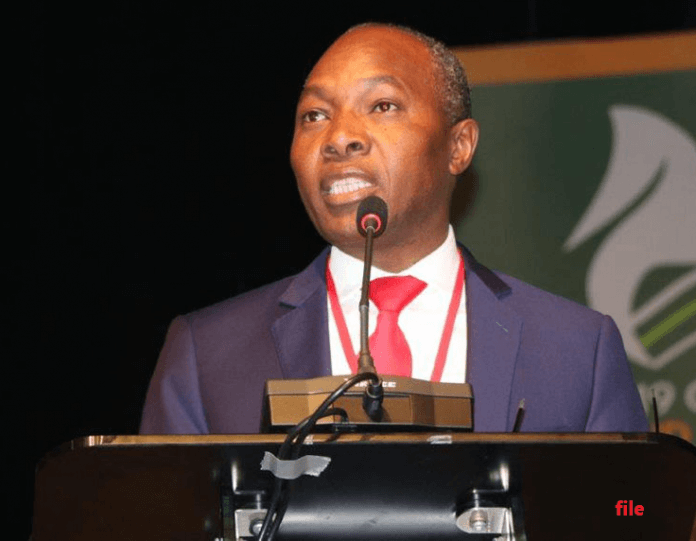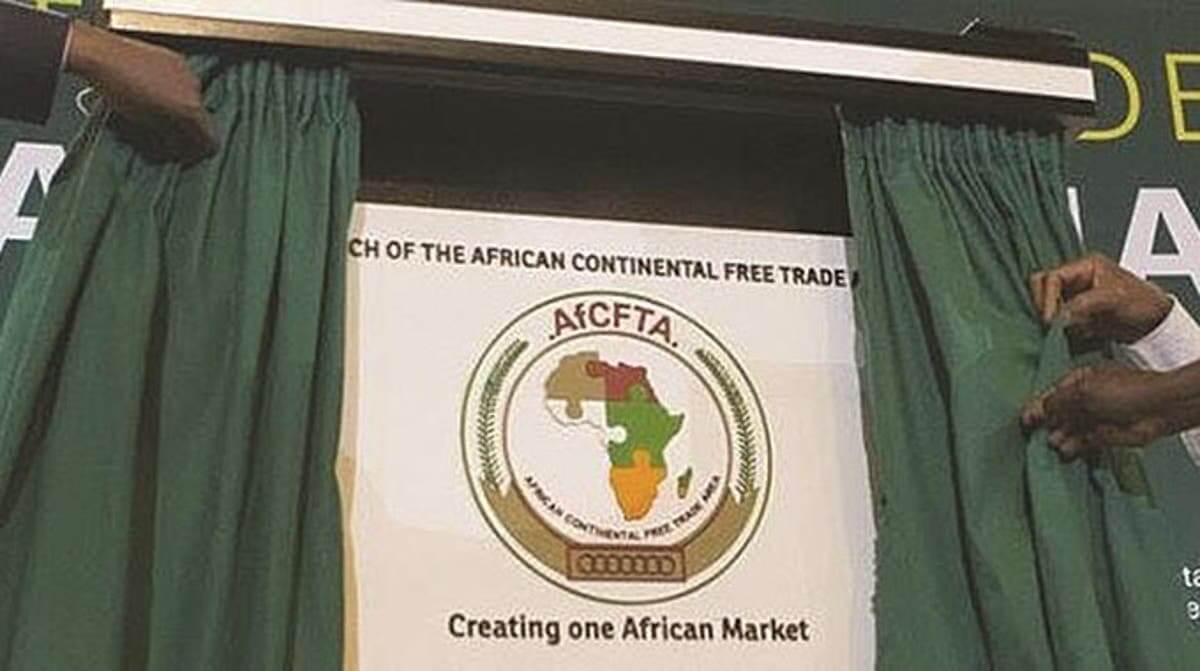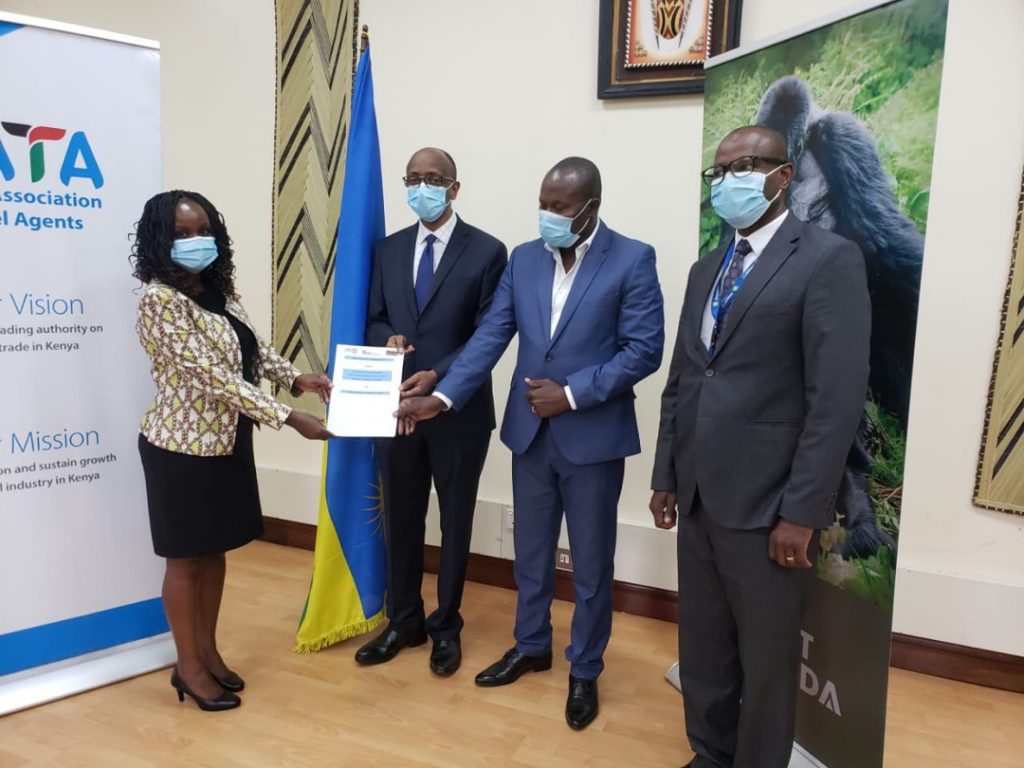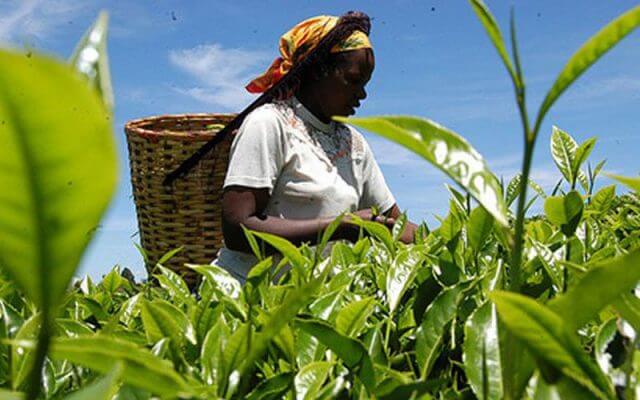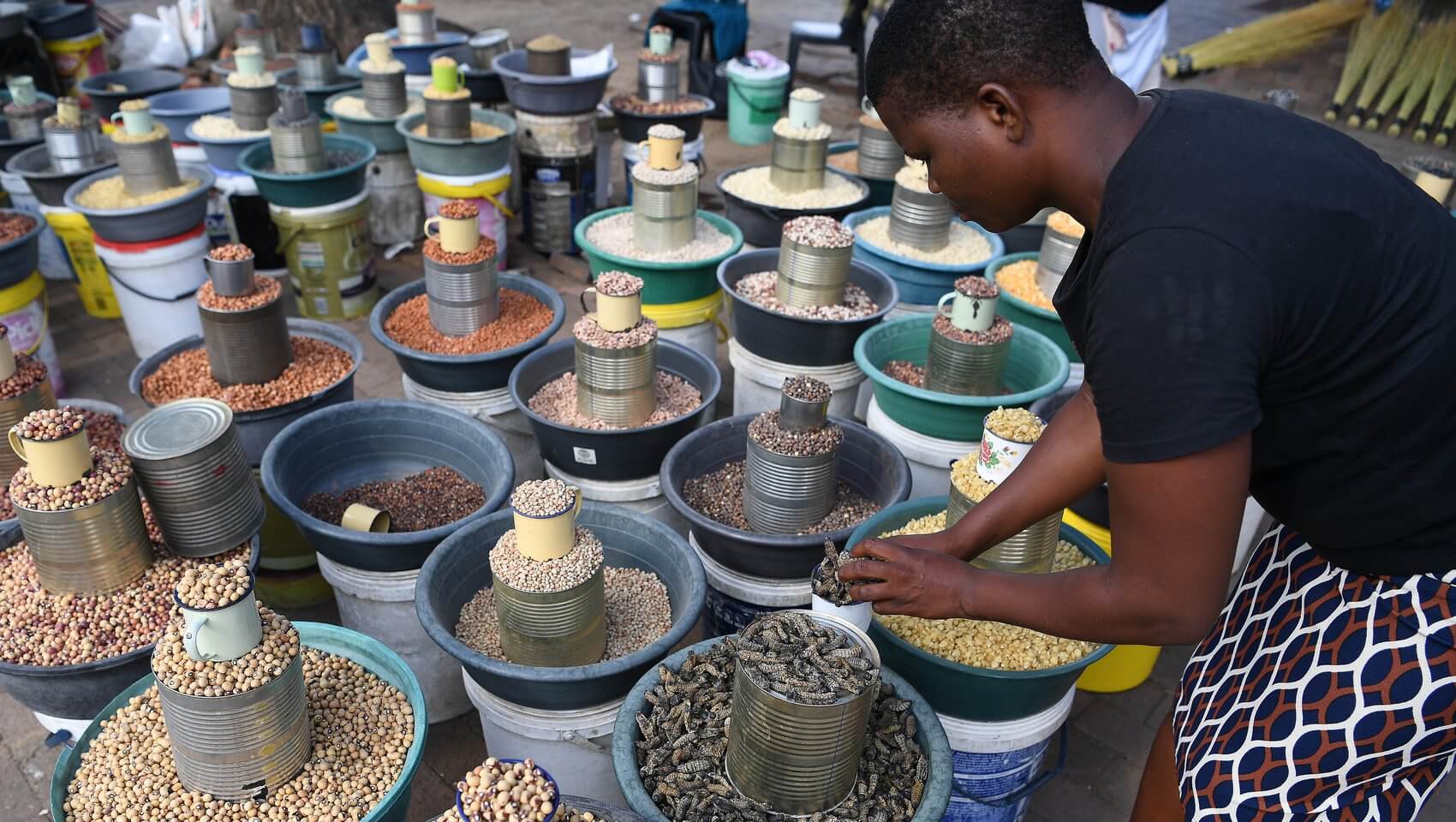Addis Ababa, January 22/2021(ENA) The African Continental Free Trade Area (AfCFTA) can help drive the continent’s economic recovery from the deadly coronavirus pandemic and spur transformation, according to Economic Commission for Africa (ECA). ECA Regional Integration and Trade Division Director,Stephen Karingi said during the 6th Program for Infrastructure Development in Africa (PIDA) Week that given that Africa does not have the fiscal space for trillion-dollar stimulus packages as it attempts to build, the AfCFTA, driven by the private sector, is going to be key in unlocking Africa’s potential. He stressed that Africa will have to look for innovative alternatives to push its recovery efforts. Quality infrastructure development is crucial, too, if the AfCFTA is to spur economic growth on the continent. Results from the liberalization of trade in goods alone under the AfCFTA reform show that Africa’s global GDP and exports would increase, the director pointed out. According to him, Africa’s GDP is forecasted to increase between 28 and 44 billion USD after full implementation in 2040, as compared to a baseline without tariff liberalization. The bulk of the benefits of exports would be for intra-African trade, with intra-African exports foreseen to increase by around 50-70 billion USD. “It is worth emphasizing that two-thirds of the latter gains would be realized in the manufacturing sector, providing invaluable opportunities for industrialization,” Karingi elaborated. Furthermore, he emphasized that “integration policies should lead to convergence of incomes, and our findings are an important result.” The AfCFTA agreement instructs state parties to liberalize trade...
AfCFTA Can Spur Recovery, Transformation, Says ECA Integration & Trade Division Director
Posted on: January 25, 2021
Posted on: January 25, 2021

